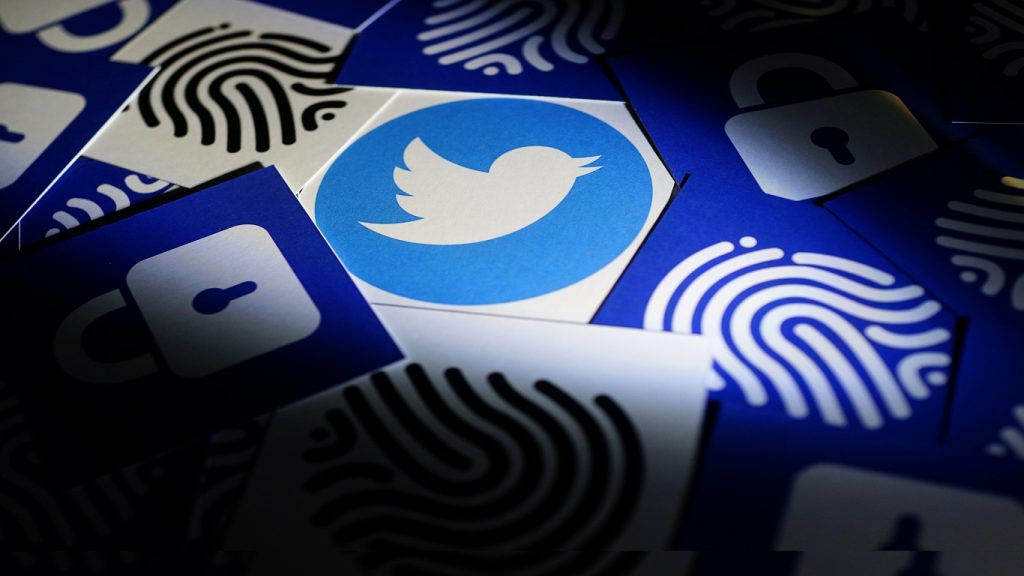As we are heading to the ‘New Normal’ amid the COVID-19 outbreak, our lifestyles have transformed, businesses are becoming digitally active, our lives depending on technology, and we are eventually realizing the true potential of the digitalization as never before.
From managing business operations remotely, making cashless payments, online meetings and conferencing, taking education system online, telemedicine, online healthcare, online grocery shopping, everything has gone digital in no time and yes, we all are glad about this change and have welcomed the digital operations.
But that’s not it, there is another part of the story!
Heading to the New Normal: Bonanza for Hackers
The world is already battling with a deadly virus and isn’t done yet that another terrible thing happened to our sensitive data! Cyber-attacks, ransomware attacks, credit breaches, malicious activities, phishing attacks, and what not we have heard of in the past few months.
Cybercrimes are on its peak since the businesses are getting online and this could have been a jackpot for hackers. So much is happening in the world for which none of us was prepared. The pandemic is acting as a boon for hackers while the businesses are managing, sharing, storing, and doing every business operation online.
Before getting into the nitty-gritty of recent data breaches, let’s take a glance at a few statistics:
• Hackers attack every 39 seconds.
• The illegal drug industry has a turnover of $400 billion per year.
• Elite hackers target WHO as coronavirus cyberattacks spike.
• Malware was the most concerning cyber threats targeting organizations, phishing and ransomware were jointly ranked second with a relative value of 3.95 on a five-point scale respectively.
Worst Data Breaches of 2022 So Far
The world has already undergone a lot this year that it’s unnerving to imagine what is going to happen in the rest of the months. To stay aware and informed about what’s happening around, let’s quickly go through the major hacks and data breaches that shocked the global enterprises and tech giants so far.
Attack on WHO

In March, The World Health Organization was bombarded by attackers with phishing messages while trying to access its digital systems. However, the attempt by the hackers wasn’t successful and the hackers weren’t identified.
Microsoft Exposed Database

In January, a customer support database that held more than 280 million Microsoft customer records were left unprotected on the Internet. The database exposed data email addresses, support case details, and IP addresses and luckily, it didn’t have any other personal information.
Facebook Profiles Listed for Sale

In April 2020, it was reported that over 267 million Facebook profiles were listed for sale on hacker forums and the Dark Web for $600. The records don’t contain any passwords, however, it does have information that hackers can use for performing spear phishing and SMS attacks to steal credentials.
Security Lapse at Twitter

In June 2020, a security lapse at Twitter resulted in exposing the account information (that included the email address, phone number, last four digits of the credit card number) of the business users of the social media company.
Zoom Accounts Listed for Sale

Similar to Facebook, more than 500K Zoom teleconferencing accounts were found for sale on the Dark Web and hacker forums for $0.2. The credential stuffing attack managed to gather email addresses, passwords, host keys, and personal meeting URLs.
Unauthorized Third-Party Attack on GoDaddy

GoDaddy, the popular web hosting site made an announcement in May 2020 that its customers had an unauthorized third party got access to login credentials. Around 19 million users and 24,000 customer’s passwords and usernames were exposed. To avoid future losses, GoDaddy has reset all the passwords.
Hackers Target Gilead Sciences
Gilead Sciences, an American biopharmaceutical company that focuses on developing and distributing treatments of COVID-19, was targeted by Iran-linked hackers. It was observed that fake email logins were designed to steal passwords by sending emails to the people working at the company.
Confidential Data of Dating Apps Being Exposed
Security researchers Noam Rotem and Ran Locar discovered in May that around 845 gigabytes of customer data (comprising of 2.5 million records of people that were further linked to thousands of users) from nine dating apps were publically accessible on the Internet.
China Continues the Spyware and Web-hacking Practices
Since 2013, the Chinese government had a team of state-backed hackers who worked for developing spyware and web-hacking practices for tracking and manipulating the Uighur population. And the strange part is that in spite of the coronavirus outbreak, all these operations are being continued and they have even widened their targeting by the first half of this year.
Nigerian Fraudsters Shredding the Unemployment System
Since citizens across the US are collecting the unemployment benefits and disbursements, the officials were warned in advance about the scams. But it was then reported that the Nigerian scammers already shred the systems and millions of dollars were already stolen.
How To Keep Your Business Safe in the COVID-19 Era
While all the tech giants are hit hard by the recent cyberattacks, your business is not an exception. When the economy is already declining at a massive rate and with the spike in data threats globally, businesses can’t afford to expose their business data or customer data to the hackers anymore.
Business owners need to be active and aware to safeguard their business throughout this COVID-19 era and beyond that. So, underneath I am sharing a few security tips that can help businesses stay safe from malicious activities.
# TIP 1
The first prey of a cyberattack is the devices that are easy to compromise i.e. the ones without an antivirus, firewall, or recent security updates. For minimizing this risk, you must turn on the automatic security updates, configure a firewall, and install antivirus solutions.
# TIP 2
Ensure that all your networking devices don’t have the default passwords, as it makes it easy for attackers to get access to your network. Also, make sure that the passwords use set aren’t easy to crack- try a mix of upper and lowercase letters, symbols, numbers, and special characters. Also, update the Wi-Fi credentials regularly and set strong passwords.
# TIP 3
To protect your digital identity, you must use strong passwords, biometric authentication such as your face or fingerprint, or you can even enable multi-factor authentication (MFA).
# TIP 4
While accessing new apps for online meetings and attending conference calls while working remotely, just be sure that who all can access and join the meeting, if the call can be recorded or not, is file sharing allowed and where are those files stored, and are the chats stored and shared. So, before using any app, you need to focus a lot on privacy and think twice before you share anything on the apps.
# TIP 5
For ensuring that the data on your device is safe from any unauthorized access, you must turn on device encryption so that your data isn’t lost or hacked at any cost.
Don’t Fall Victim, Stay Active, and Act Smart!
Undoubtedly, technology has made our professional and personal lives run almost like before during this pandemic. But this has given an open invitation to hackers to peep into our network and if our network has a bottleneck, we directly become a victim of data breaches.
So, we need to stay aware and active and ensure that our business operations from data breaches, digital devices, Wi-Fi networks, everything is secure so that hackers can’t peep into our network. Stay alert, stay safe!



